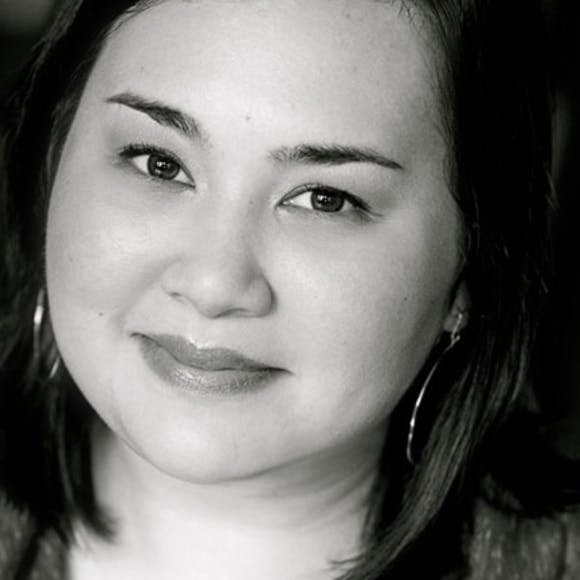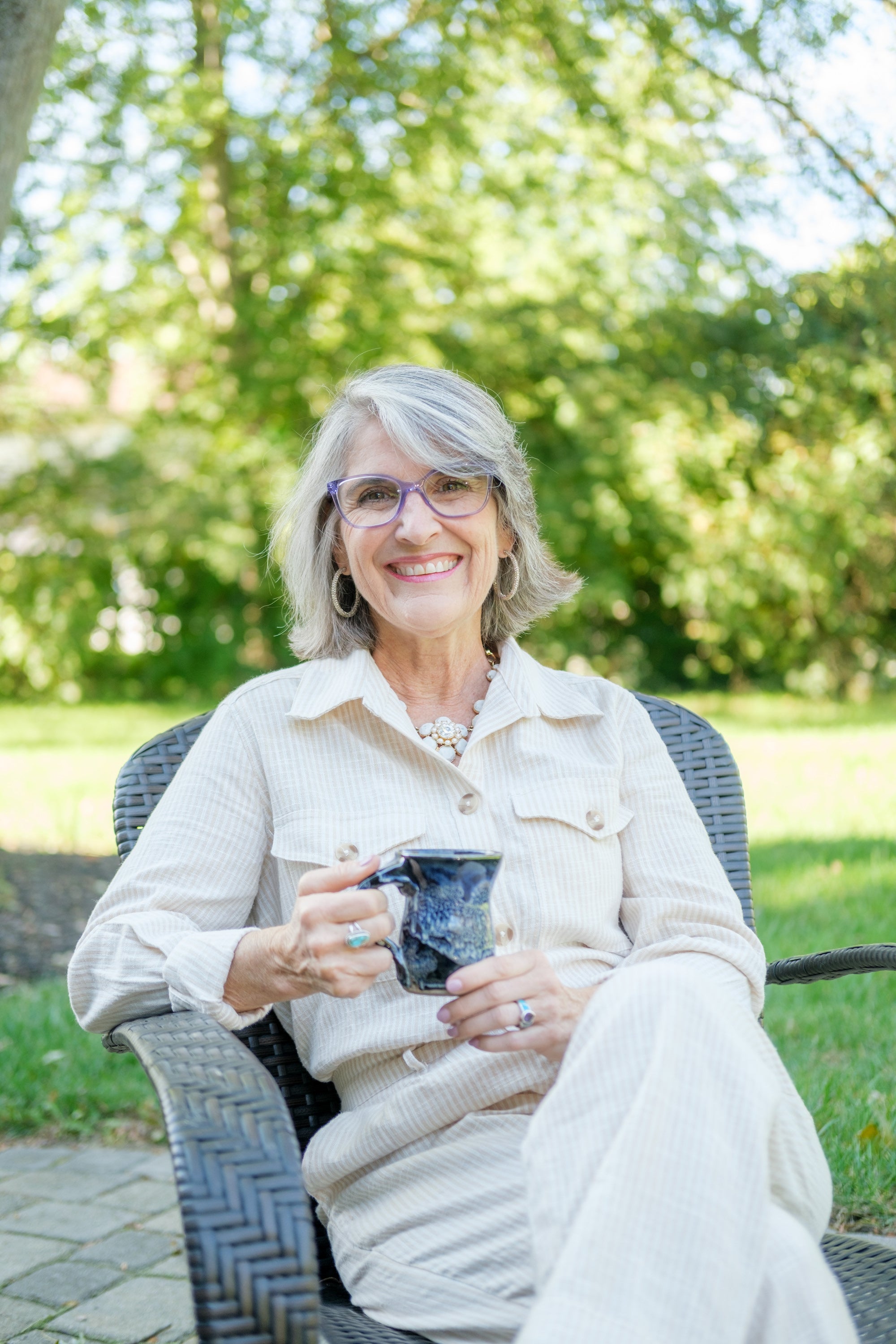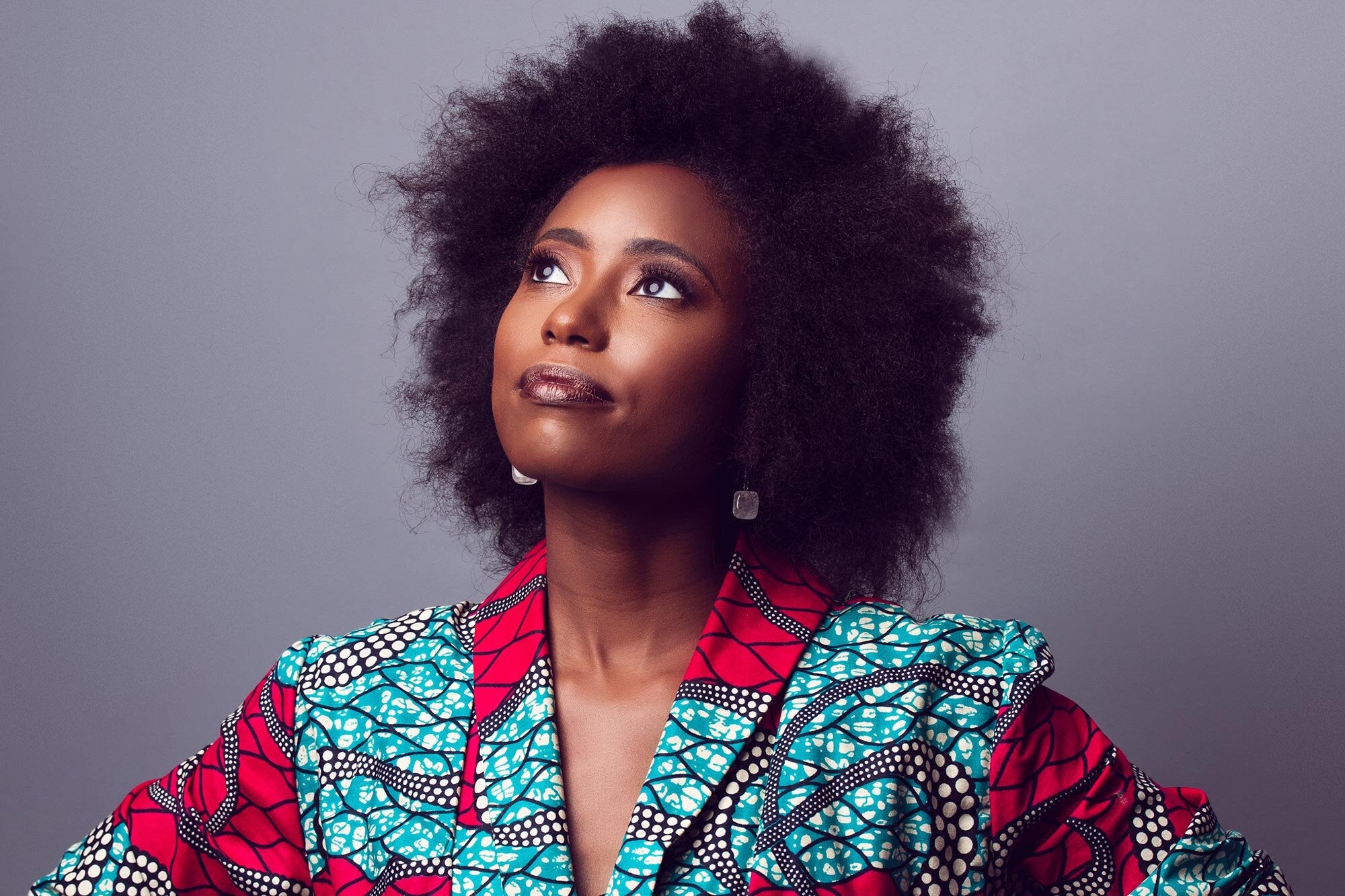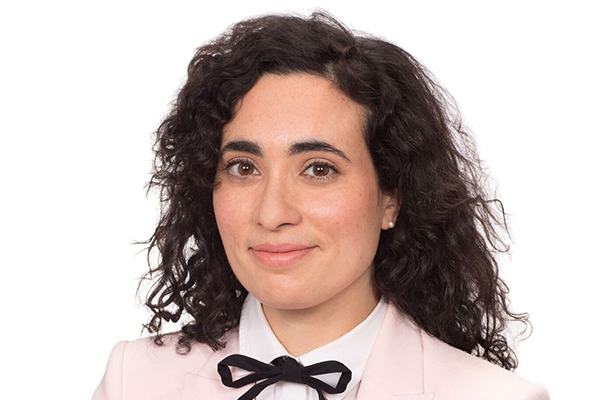
Author: Josh Malerman
Author Bio:
"Josh Malerman is an American author and also one of two singer/songwriters for the rock band The High Strung, whose song "The Luck You Got" can be heard as the theme song to the Showtime show "Shameless." His book Bird Box is currently streaming on Netflix as a feature film starring Sandra Bullock, John Malkovich, and Sarah Paulson. Bird Box was also nominated for the Stoker Award, the Shirley Jackson Award, and the James Herbert Award. His books Black Mad Wheel and Goblin have also been nominated for Stoker Awards."
1. Your novel, Bird Box, is widely considered one of the best books of the last decade. What inspired you to write that novel and why do you think the concept worked?
Well, I didn’t think of it in terms of “working” or not. It’s hard to explain why an idea rises to the top, why you decide, "this one", I’m gonna write this one next. But I’d gone to Chicago for something with the band and we got trashed as we usually do and I was laying down in the back of a car on the drive back to Detroit, two friends upfront, one obviously driving. And in the fog of the night before still there, I sat up and told my friends I had a good idea: a woman and two children blindfolded in a rowboat. Unable to see the river they were navigating. Then I kinda fell back asleep and that was that. I’m not sure why the image stuck or why I thought it should be the next book I write, but it did and it was.
I started it on October 5th of 2006 and finished her on Halloween of the same month. The rough draft was one of those dream experiences, those times we’re all gunning for when we sit down to write, where the ideas consistently come, you’re working steady, no days off, and the whole thing was done in 26 days. We threw a party that night in the house I lived in. A Halloween party. Friends and family came over. A funny friend got up and congratulated me on finishing a book that day and everybody, in costume, cheered. It was a magical month, completely unexpected, completely unplanned. A perfect moment in time.
Now, all that said, when the book was picked up six years later, and I was then fourteen books deep into writing novels, I rewrote the entire thing from scratch. So, in a way, I didn’t write the Bird Box you know until 2012. But it was all there in the rough draft. Malorie, Boy, Girl, Tom, Gary. The blindfolds, the river. The creatures, ever off-page. The alternating timelines, all of it. That rough draft will always be a top-ten artistic experience for me. But there are others. One day we’ll have to sit down and talk about the others, too. We can share a bottle and exchange peak spiritual moments in our lives. Get so excited we cry.
2. What intrigues you most about the dark fantasy genre?
I think it’s the arrested development. The fact that I’m still able to put myself in a place where I believe all of this stuff is possible. I can still get scared, deeply, to the point where it hurts. To the point where I ask Allison to walk to the bathroom with me at 3AM after we watched a possession movie earlier in the night. To the point where I hurry up the basement stairs. I don’t ever wanna lose that childish belief in monsters.
3. Why was it important to you to write a story that examines the horrors that lie behind what is externally seen?
Well, again, I didn’t set out to do so. You know? There was no plan to write a treatise on “sight in horror.” My mom was the one who pointed it out to me. Way back when. She read the rough draft at a dog trial in Indiana (her husband and her had bird dogs back then), and she called me to say, “You turned horror upside down. Instead of being afraid of what you see, you’re afraid of what you don’t.” I think that was the first time someone put it that way.
4. In your opinion, what elements make up the perfect horror story?
You know how everyone always says it’s the fear of the unknown that scares us most? Well, let’s go a little farther… to not knowing exactly who is telling you the story. To not knowing the style. This is one reason foreign horror is so powerful: those of us weaned on the American 80s weren’t as familiar with how scares were done in other countries. So, the scares came from surprising places.
The beats were different. All of it… unknown. There’s a handful of movies I’ve seen where I’m more afraid of the filmmaker than the movie. That sense of… who made this? The Texas Chainsaw Massacre did that to me, first time I saw it. Who the f*ck made this? That unknown artist is as powerful as any unknown you’ll find in the story itself.
5. What scares you?
I think “snapping” is the scariest thing. “Oh, she was so normal, an amazing friend, funny, warm, until… one day… she just… snapped.” Which is to say, losing one’s mind. And I think it’s scariest if you get it back. Because then you have to live, cogently, with whatever happened for the duration of when you lost it.
6. Is it true that you wrote the Bird Box sequel, Malorie, after watching the film? If yes, what sparked your inspiration, and what was the experience like seeing your creation come to life on the big screen?
Three things sparked the book Malorie: 1) there was a thread I’d removed from the rough draft of Bird Box, a whole thread that I thought maybe muddied things up a little, made it less of a one-note mood, which I wanted to maintain, the one-note mood. It worked, but I didn’t wanna take any attention away from Malorie’s trip down the river. So, I had that on me for years. What to do with it? I didn’t know. 2) seeing Sandra Bullock as Malorie on the screen. Moving, speaking, rowing. 3) the success of the film. Those three factors came together and said to me, If you’re gonna do something with that thread, why not now?
7. You mentioned that between the ages of 19-29, you couldn’t finish any story you started. What helped you overcome this obstacle in your writing career?
I tried my hand at 4 novels in that period of time. Made it 300 pages into one. 100 into another. I just didn’t know how to end one. I realize now how insane that is. I could’ve ended it anywhere. Might’ve been bad endings but they would’ve been endings, still. You know? I wonder if it had more to do with not being prepared to say this is my book. My first. The more I think about it, the more I believe I didn’t finish those books because I wasn’t prepared to call myself a novelist or some sh*t like that. Then, Wendy, the breakthrough, and oh what an experience. 33 books later, I can’t wait to write the next one.
8. Once you joined ‘The High Strung’, what was your initial reaction when you heard them singing your poems as songs? How did this influence your musical passions/interest?
It was unreal. Showed me, immediately, that anybody can do anything they want to. If my friend Mark is singing something I wrote, and the boys are playing along… what can’t be done? What can’t happen? I think sometimes we imagine the great artists descended Mt. Olympus with Book, with Song. But naw… they’re people. You’re people. Therefore, you can be great, too.
9. What influence did touring around the nation have on your writing while you performed with ‘The High Strung’?
Man. Just, experiencing the entire country as if it were our house. Wide open to every experience that came our way. Endlessly meeting people, talking songs and books, writing novels in the passenger seat, writing songs during sound-checks, drinking with strangers, sleeping on the floors of strangers’ homes. It was incredible.
All of America. Some 25 times. Circling the country like joyful madmen, sometimes playing to a few people, sometimes more, and who cares? Electrifying. Hours a day on the road, the road. Always with a sense of progress, momentum, go. We were going then and we’re going now. This endless hum behind us, all around us, in us.
10. What kind of impact do you want to make with your books?
Well… hmmm. One thing I’d hope is that a young writer would read any of them, and maybe read an interview like this, and think, well, shoot, maybe I can do that, too. And all I mean by “do that” is write. To not think writers and artists are a different breed, that other people do the things you want to do. It’s a leap, isn’t it? Shedding the idea that other people are successful and you’re not? That other people were born to do these things and you weren’t? But man, once you do shed that skin… glory.
Something that took root early for me was: all the guys and girls I’m interested in, the writers, they’re all so different from one another that there isn’t a singular type of writer, voice, or book that is successful for me. See? So… if you think you’re different… well, that’s good. That means the book world needs you. And will welcome you in full. And I’d hope that, between my books and interviews, a younger (or older) writer will think, Yeah, me too. I’m gonna do this, too.
Places To Find More From This Author:
Twitter: @joshmalerman
Instagram: @joshmalerman
Facebook: Josh Malerman
Website: joshmalerman.com
Get Your Copy of Bird Box Today!







